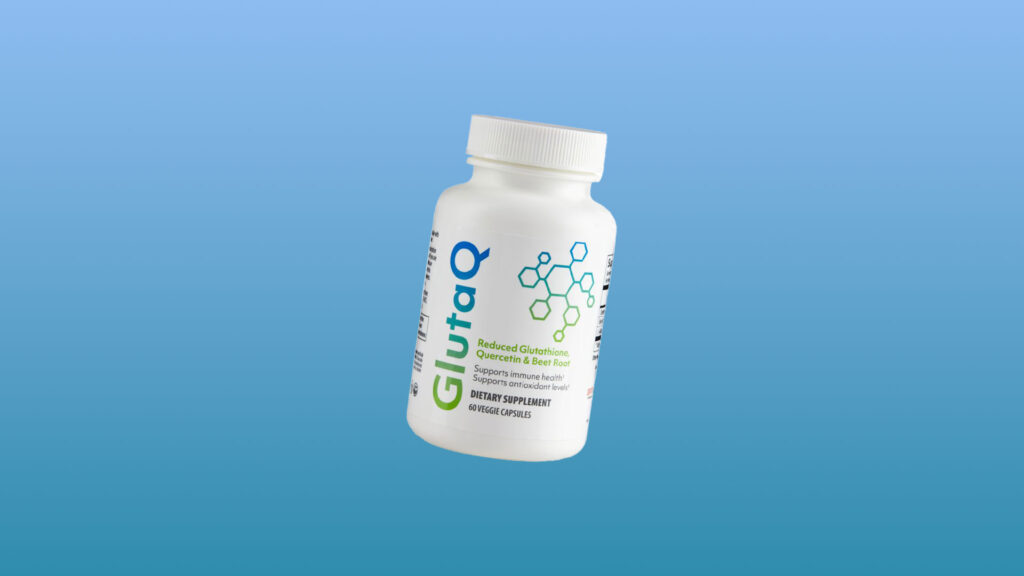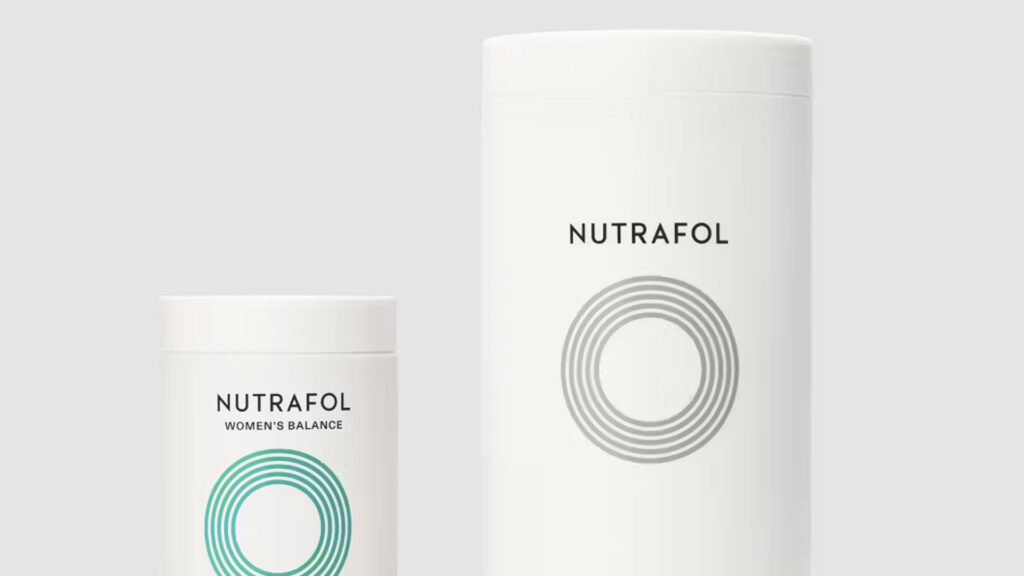The prevention of skin cancer involves various strategies, including sun protection practices, regular skin checks, and maintaining a healthy lifestyle. While there isn’t a specific set of vitamins that can entirely prevent skin cancer, certain vitamins play essential roles in supporting skin health and may contribute to reducing the risk of skin cancer when combined with other preventive measures. Here are three vitamins that are particularly important for skin health:
- Vitamin D: Although primarily known for its role in maintaining bone health and supporting the immune system, vitamin D also plays a crucial role in skin health. It helps regulate cell growth, repair damaged DNA, and modulate the immune system’s response to UV radiation. Vitamin D is synthesized in the skin upon exposure to sunlight, but it’s essential to balance sun exposure to minimize the risk of skin cancer while ensuring adequate vitamin D levels. Alternatively, vitamin D can be obtained through dietary sources such as fatty fish, fortified dairy products, and supplements.
- Vitamin C: As a powerful antioxidant, vitamin C helps protect the skin from oxidative damage caused by free radicals generated by UV radiation exposure. It supports collagen synthesis, which promotes skin elasticity and wound healing. Additionally, vitamin C may help repair DNA damage induced by UV rays and enhance the skin’s natural defense mechanisms against environmental stressors. Consuming vitamin C-rich foods like citrus fruits, berries, bell peppers, and leafy greens can contribute to overall skin health and potentially reduce the risk of skin cancer.
- Vitamin E: Another potent antioxidant, vitamin E, helps neutralize free radicals and protect cell membranes from oxidative damage. It works synergistically with vitamin C to enhance the skin’s defense against UV-induced skin aging and carcinogenesis. Vitamin E also has anti-inflammatory properties, which can help mitigate UV-induced inflammation and reduce the risk of DNA damage. Incorporating vitamin E-rich foods such as nuts, seeds, vegetable oils, and leafy greens into your diet can support skin health and provide additional protection against skin cancer.
While these vitamins offer potential benefits for skin health and may contribute to reducing the risk of skin cancer, it’s important to emphasize that they should complement comprehensive sun protection practices, regular skin screenings, and a balanced diet rich in fruits, vegetables, whole grains, and lean proteins. Additionally, consulting with a healthcare professional before starting any supplementation regimen is advisable, especially for individuals with specific health conditions or dietary restrictions.

Dr. Joanna Smith, DNP, MSN, RN, MBA, SSGB, RT, LE, CLT
President & CEO
Integrated Medicine Institute, Inc.



